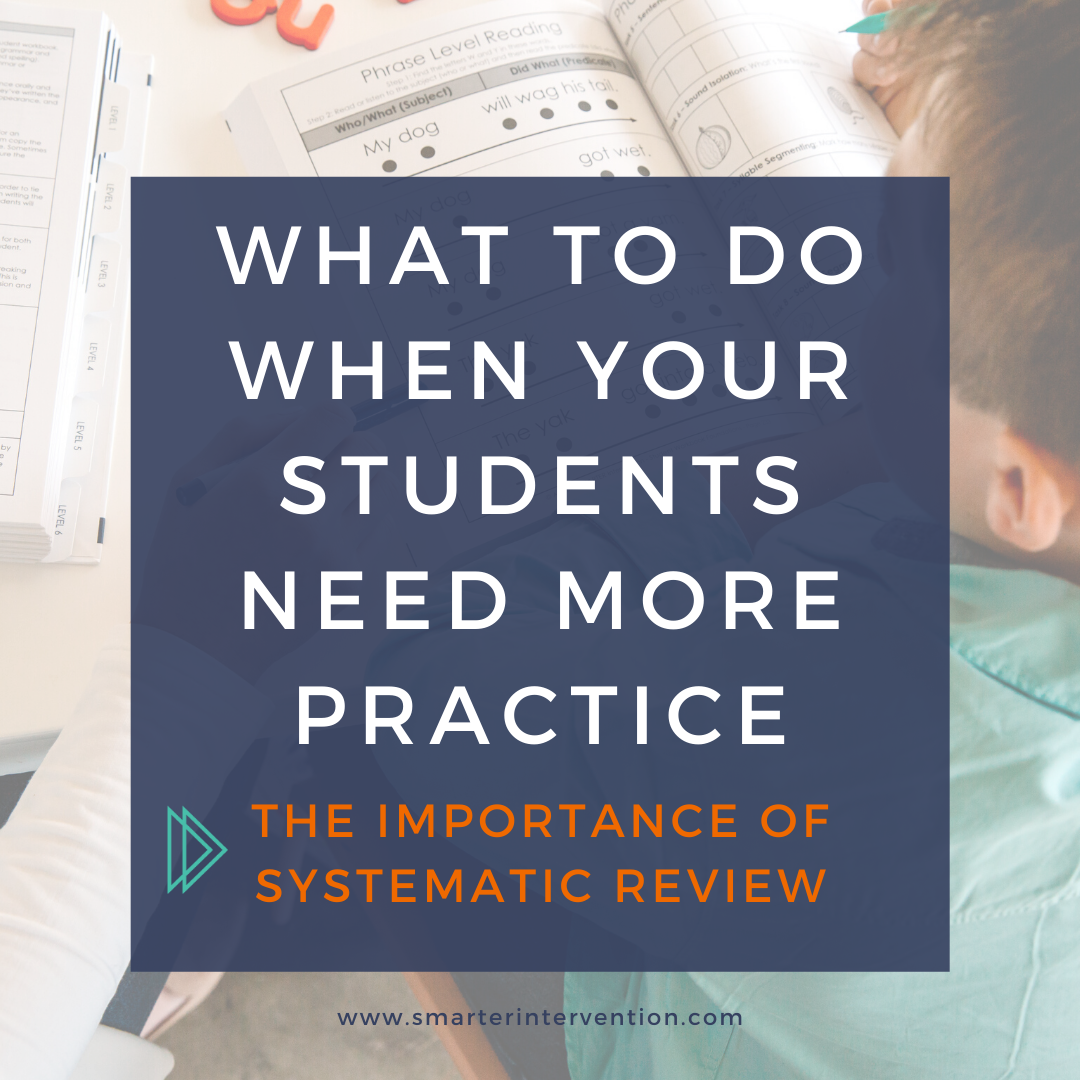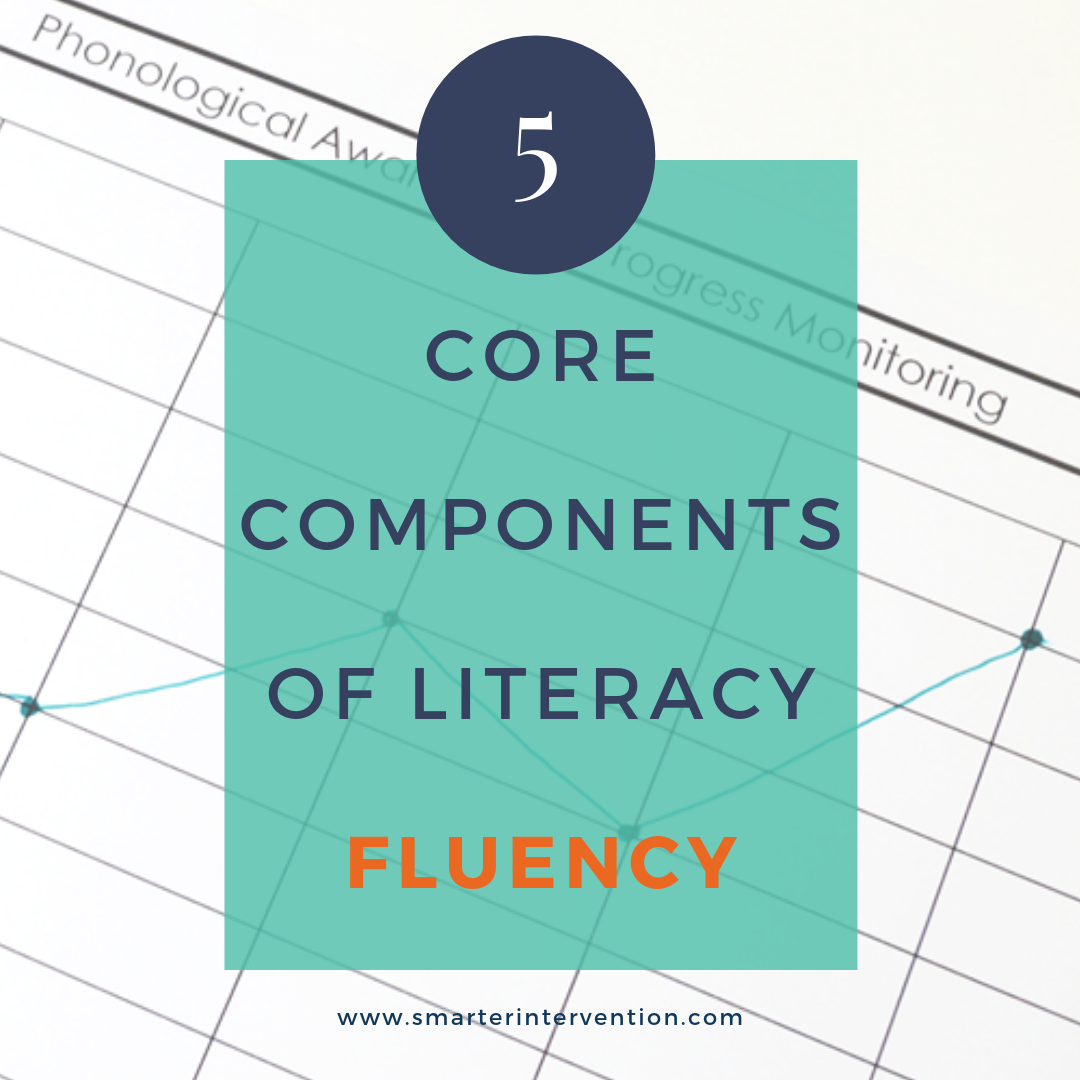Science-based literacy resources and articles
for families, educators and schools
Search by Category:
Categories
- Advocacy
- Authentic Literature
- Business
- Comprehension
- Data Tracking
- Differentiation
- Dyslexia
- Evaluation and Assessment
- Executive Functioning
- Games & Activities
- Helping My Child At Home
- How To
- IEP/504 Plan
- Lesson Planning
- Math
- Online Intervention
- Organization
- Parents
- Phonics
- Phonological Awareness
- Reading Comprehension
- Reading Fluency
- Research
- SLP
- Spelling
- Vocabulary
- Writing
How to Create SOR-Aligned Lesson Plans for 3rd & 4th Grade Using Your Students Favorite Books
You may have heard that 3rd grade is the year where students transition from learning to read to reading to learn. But how exactly do we support that transition for students who are still working on the foundations?
Today, we’re sharing about how you can use your students’ favorite books to create evidence-based lesson plans that align with the Science of Reading so that your 3rd and 4th graders can begin to generalize those foundational skills to higher-level reading.
The 4 Forgotten Fluency Skills
Rate and accuracy are definitely both components of fluency. However, fluency is so much more than that and there are few fluency skills that get way less attention (but are just as important!) Keep reading to find out what they are.
How To Use Your Students’ Interests to Improve Their Literacy Skills
Raise your hand if you've ever been told that your literacy instruction is boring. 🙋♀️ If you're raising your hand - you're definitely not alone.
It can be difficult to teach these skills to students in a way that feels engaging and exciting because let's face it - the skills that we have to teach aren't very exciting. Luckily, there is a solution.
By putting lessons together in a way that focuses on students' interests, you can absolutely change the game in your literacy instruction. Keep reading to learn our step-by-step process for putting these lessons together.
How Do I Fit It All In? Organizing Your Literacy Block to Align with the Science of Reading
Following the Science of Reading requires many lesson components we should be including in our literacy instruction.
Between explicitly teaching the 5 Core Components of Literacy, targeting student needs, tracking data, and pulling review activities - it can definitely feel like a lot!
But here’s the thing, research-based instruction that aligns with the Science of Reading does not have to be hard. All you need is a clear framework you can use to plan your lessons in alignment with research-based principles so that you know you are covering everything you need without it feeling super overwhelming!
Should We Be Using Decodable or Non-controlled Texts For Our Fluency and Comprehension Instruction?
When we think about reading instruction, there are a few different style texts that we can use to support fluency and comprehension. Often, we hear about things like decodable texts, predictable readers, controlled vocabulary readers, language experience stories, authentic literature, and noncontrolled texts.
With so many different styles, it can be challenging to know which to use when. There are champions for many different styles and you may have heard pros and cons for one style versus another. Today, we are going to take a look at two of the styles we hear about most often - decodable vs. non-controlled text.
How to Build Fluency & Comprehension at the Passage Level
When working with students, our end goal is always that they can functionally read and write. A big part of this is the ability to read at the passage level and derive meaning from the text.
Luckily - building fluency and comprehension at the passage level doesn’t have to be hard. Keep reading to learn how you can incorporate this instruction into your reading lessons!
How to Build Fluency & Comprehension with Sentence Reading
There are a lot of misconceptions when it comes to reading fluency and comprehension, including the fact that it is difficult to support, means that students need to be reading faster, and is reserved for when they can read at the passage level. Today - we are breaking down these misconceptions and discussing how you can use sentence-reading to help build your students’ fluency & comprehension skills!
How to Fit Vocabulary in to Your Reading & Writing Lessons
Vocabulary instruction is necessary in order for phonics to matter. Keep reading to learn how you can easily & effectively incorporate vocabulary instruction into your reading & writing lessons.
How to Get the Most Out of Your Literacy Lessons
Have you ever thought to yourself - “How in the world am I EVER going to fit everything into my lessons?!” or maybe, “How can I better support my students?”
We certainly have!
The great news - we can actually make our interventions lessons MORE effective WITHOUT adding a ton of additional time. Keep reading to learn how!
How To Explicitly Teach Phonics Rules
It’s no secret that research tells us we need to teach rules explicitly - but what exactly does that mean?
Today, we are going to break down exactly what “teaching rules explicitly” means as well as walk you through how you can use this approach in your lessons!
What To Do When Your Students Need More Practice: The Importance of Systematic Review
Have you ever looked through your students’ lesson data and thought - “gosh, they just aren’t getting this?”
We’ve all been there. Today - we are going to break down what you can do when students need more practice and the importance of systematically reviewing previously learned concepts.
How to Teach Reading Fluency using a Research-Based Approach
When we think about reading intervention, reading fluency is definitely one of the first things that come to mind. Today, we are breaking down exactly what reading fluency is and the ACTUAL skills we should be targeting.
5 Core Components of Reading - Comprehension
We are wrapping up the 5 Core Components of Literacy this week with the final component, arguably the most important component, comprehension!
The end goal of reading is obviously…
Reading Comprehension
So how do we make sure that students are able to effectively comprehend what they read?
5 Core Components of Reading - Fluency
Reading fluency is really important however, we need to be careful not to over-emphasize its importance as one of the core components of literacy. I say this because Reading Fluency is one of the most common goals you will see created for struggling students.
Words Per Minute Does Not Equal Comprehension
Discover the truth beyond tracking words per minute in reading progress. Explore why comprehension matters more than speed, especially for struggling readers. Learn strategies to empower comprehension over speed in literacy education.
















